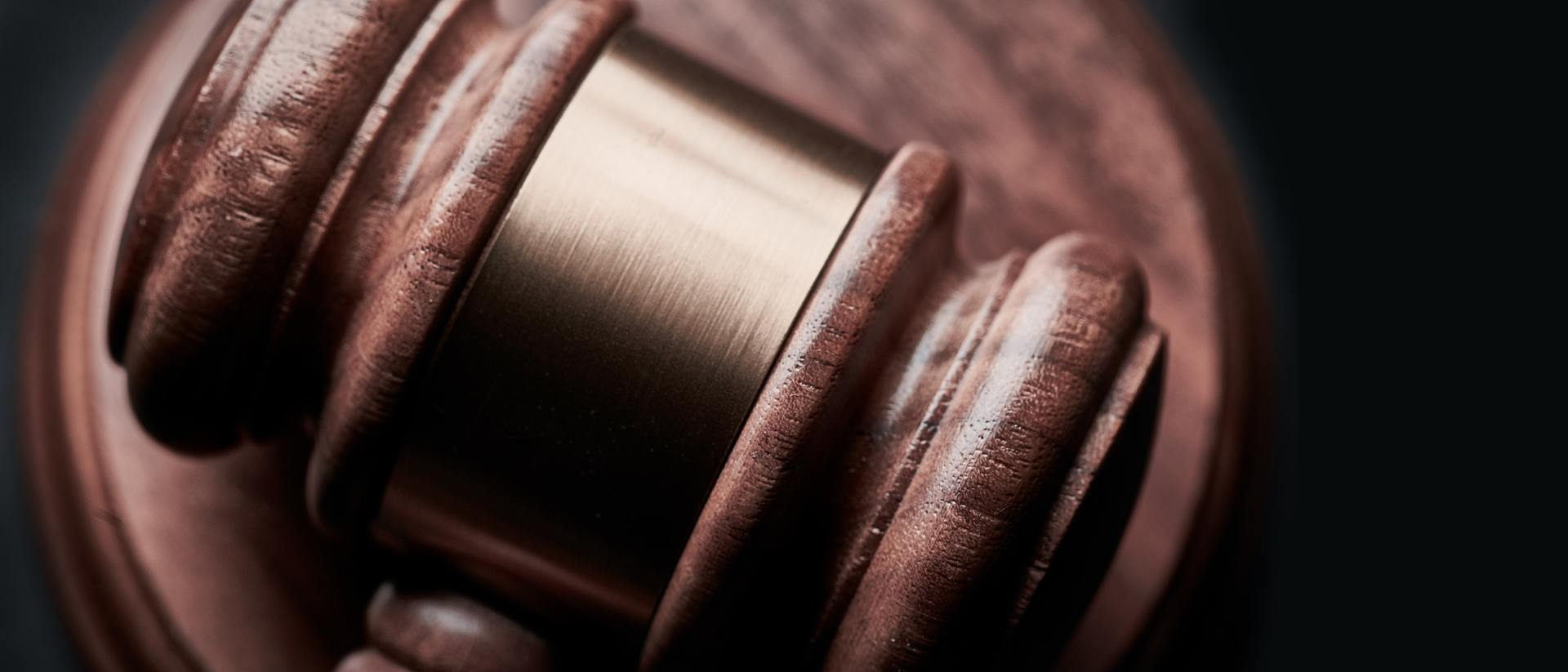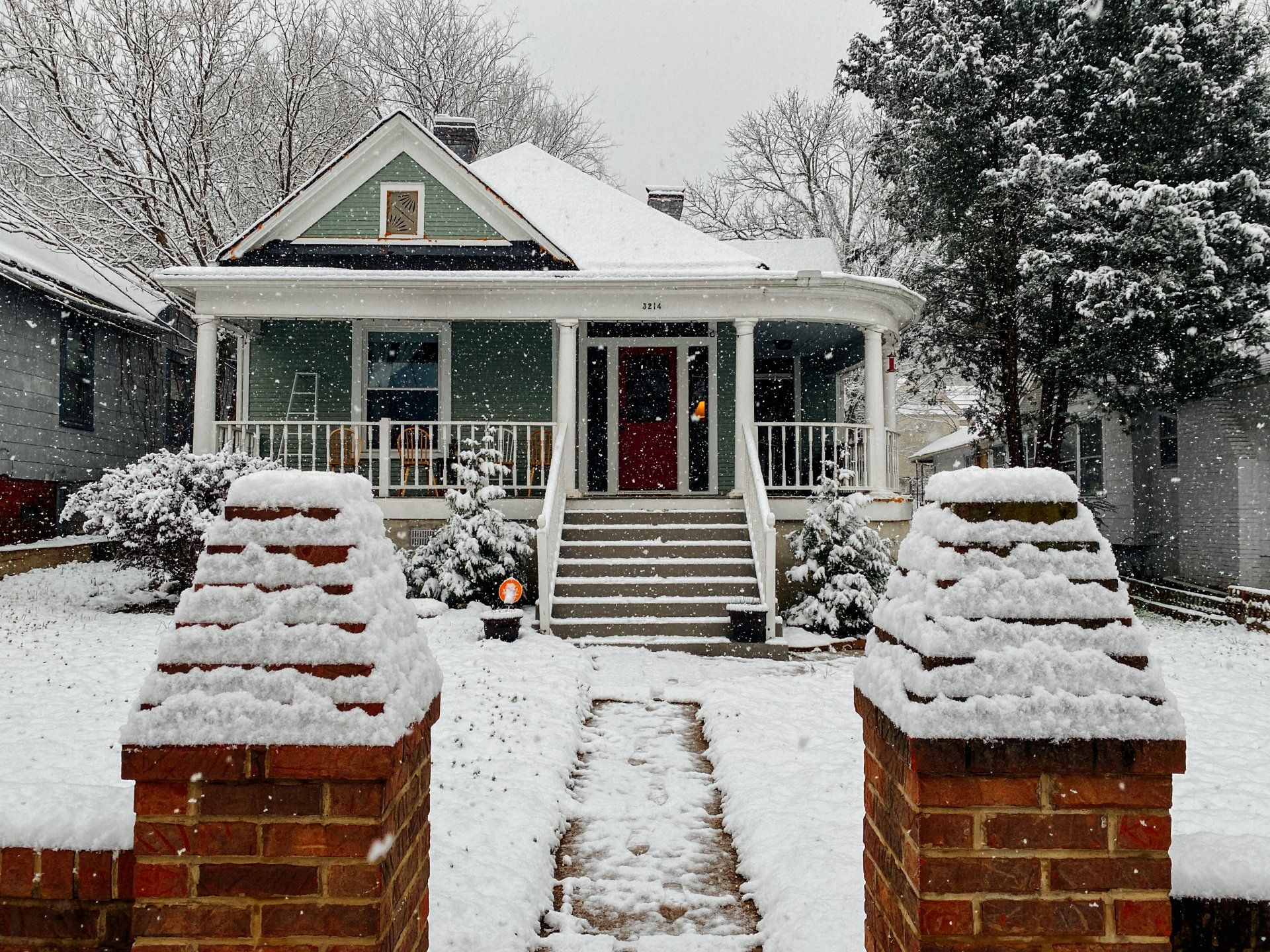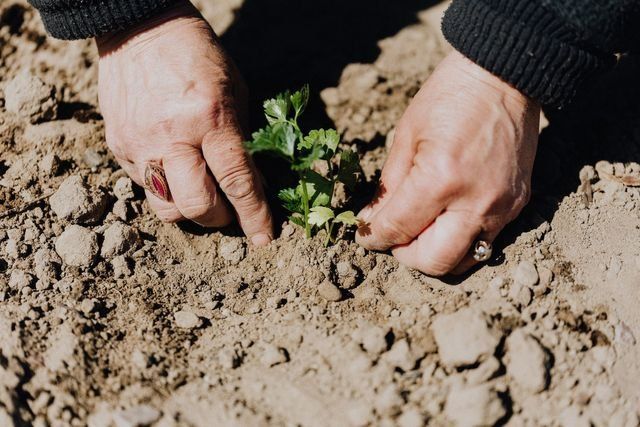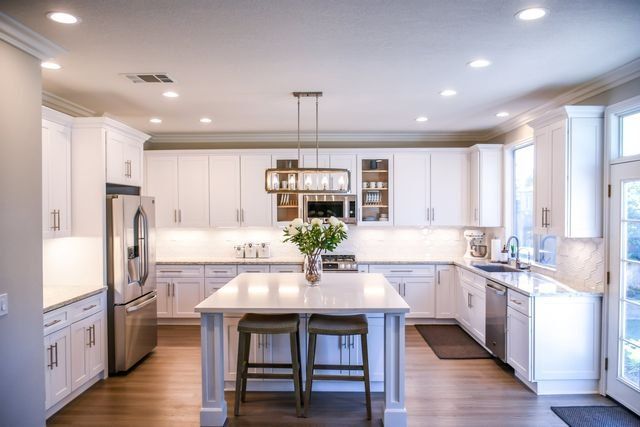What is a Probate?
John Riehm • Jun 02, 2021
What is a Probate?

The death of a loved one is maybe the most stressful event in anyone’s life. Beyond the obvious emotional and psychological impact of losing a family member, the process of settling their affairs is an incredible amount of work that comes at a time when stress levels are already impossibly high. If it so happens that the deceased hasn’t left a will, the idea of a challenging probate process becomes a reality. How exactly does probate work? And if there’s property involved such as a house—or multiple houses—what will be involved in settling the estate with the least amount of trouble? While state laws regarding probate vary, we’ve broken down the basics for you below to give you some of idea about what it might mean for you.
What is Probate?
Probate is the legal authentication of a will, the proving of heirs and the defining of the deceased’s intentions regarding inheritance. The reason probate can become difficult is because it includes the settling of the debts of the deceased, which must happen before assets can be distributed to heirs. Generally, the deceased’s assigned executor will handle the process. If there is no will and no executor identified, a court-appointed representative will take on the work.
Why is Probate Difficult?
It isn’t always; if there’s a will and everything is clearly spelled out for the heirs, then probate can be a simple process. However, if there is no will (referred to as “intestate”), then no assets can be legally claimed by any heirs until probate is filed and the estate is settled. This is where the trouble can occur; sometimes, the assets aren’t clearly listed and a discovery process must be enacted to make sure everything is covered. During this time, if there’s a house or other physical building involved, taxes and insurance must be maintained by the executor. Creditors need to be identified and alerted, death certificates need to be printed and collected, bills need to be paid, and beneficiaries need to be contacted, all while court hearings are scheduled and attended to keep the process moving forward.
What Happens After Probate?
Once everything described above has been determined, the executor can petition the court to begin distributing the assets of the deceased. And in the event of an intestate estate, all assets may end up being passed to the closest living relatives of the deceased, regardless of their presumed intentions. If there’s a house or home property involved, this may mean a lot of expense and trouble coming for the beneficiary who inherits it.
In the event you have a home property in probate and you’re hoping to settle the estate as easily as possible, we can help you. Probate is one of our specialties; we can work through the process and purchase the home from you outright. If this sounds like a situation your facing, please reach out and let us explain it further. We’d love to assist.
Share
Tweet
Share
Mail
We are the number one stop in the region for real estate cash offers. We’ve been serving the area for more than 20 years, and we do it with pride.
LOCATION
920 1st Capitol Dr
St Charles, MO 63301
CONTACT US
Powered by Snapps










